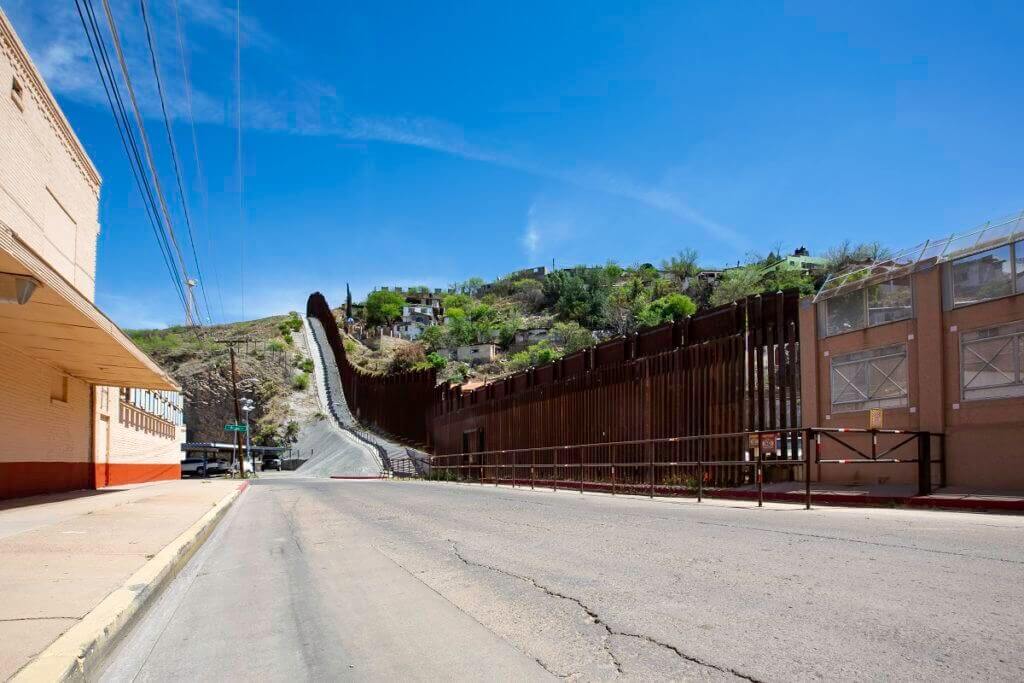One of the recurring themes during Donald Trump’s presidential campaign was his proposal for a U.S. – Mexico border wall that will span through the southern boundaries of California, Arizona, New Mexico and Texas. The wall has been touted as a means of helping control immigration across the southern border of the United States. Illegal immigration from or through Mexico was a top priority for many politicians in border states like Arizona and Texas.

Effects of the Border Wall Project
The new proposed wall, which the media has dubbed the “Trump Wall,” is supposed to be a solution to the defensive weaknesses that lead to illegal crossings through the current US. – Mexico border. However, there is a controversial effect to the proposed border wall: the federal use of eminent domain to forcibly acquire private property to construct it.
Essentially, the federal, state and local government has the power to acquire private property to serve a public purpose, such as extending an interstate highway, build a dam, or even potentially for Trump’s proposed border wall. Property rights subject to eminent domain can include land, air and water rights.
Although the 5th amendment of the U.S. Constitution requires federal, state and local governments to compensate the owner of the private property they are going to acquire, the reality is that many property owners along the border may be pressured to come to terms with the government and having their private property taken from them.
So, how does the government apply eminent domain? The federal government can take private property through condemnation proceedings. The property owner has the right of due process throughout the condemnation proceedings. If President Trump’s U.S. – Mexico border wall project moves forward, citizens who have property near or next to the border might experience quite a surprise when they receive a letter from the federal government.
Your Right to Legal Representation
Landowners have the right to legal representation if the government tries to acquire their private property through condemnation proceedings. Additionally, the landowner has the following options:
- The right to refuse or counter the federal government’s purported fair market value offer for their property.
- The right to assess the market value of the property and have it heard before a panel of special commissioners.
- The right to have the court review the special commissioners’ decision, which could greatly impact the compensation price for the landowner. Likewise, the owner has the option of having a jury review the decision.
Having a legal team with years of experience and the right skill sets is the best route for landowners. These types of cases can be highly complex and stress-inducing. The U.S. government has a powerful legal team of their own, and it takes the best law firms to help you fight for your rights.
The Texas eminent domain lawyers at Dawson & Sodd can guide you through the condemnation process. Our attorneys have years of experience in real estate law, eminent domain law, constitutional law, condemnation litigation, and we are well-versed in how state and federal governments strategize in condemnation proceedings. Our distinguished strategies, extensive experience, and dedication to our clients allow us to take on even the most intimidating eminent domain and condemnation cases. Don’t let the government take what’s rightfully yours for their own agenda. Don’t hesitate to contact us at (903) 872-8181.






